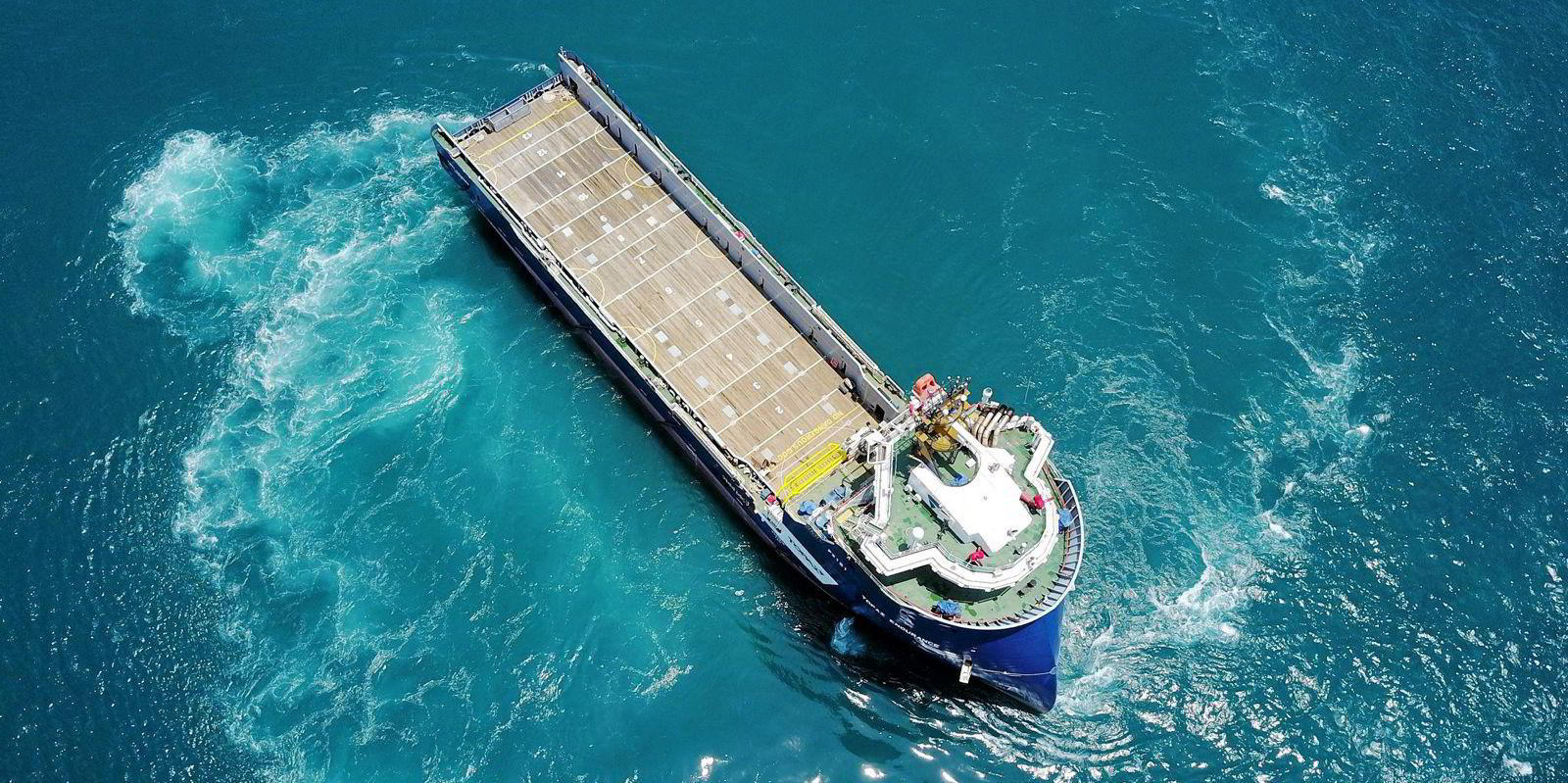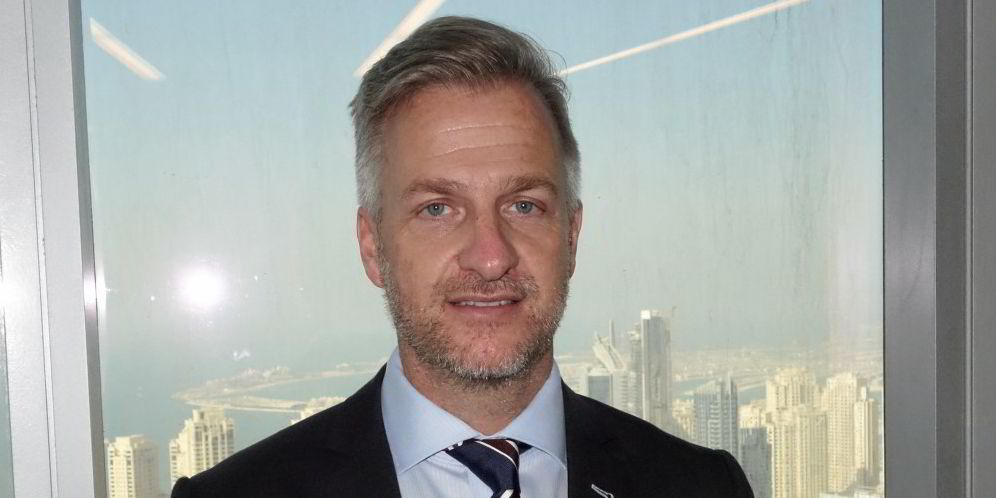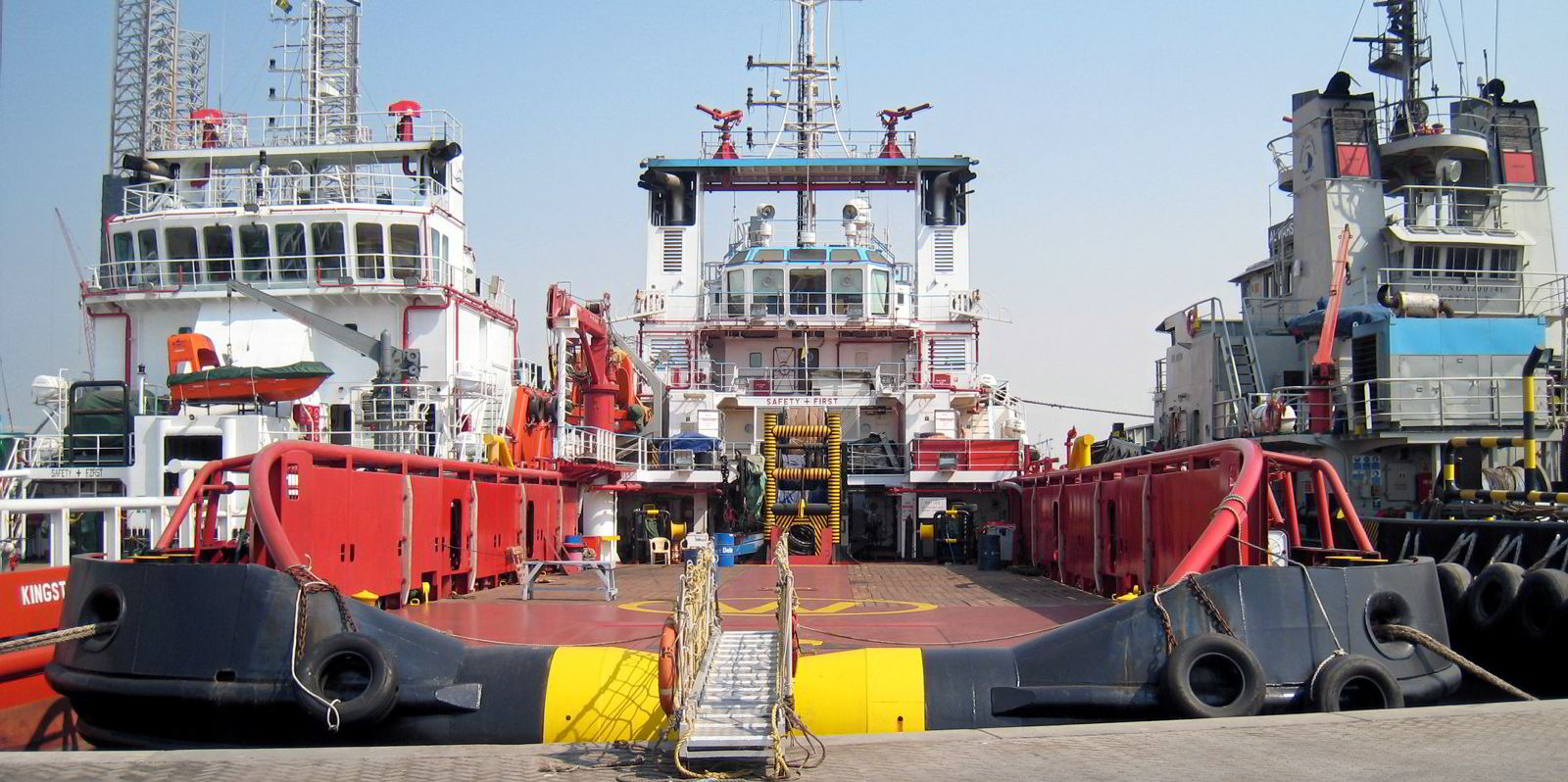Offshore faces a big conundrum. After years of languishing in the doldrums, financiers have yet to regain their appetite for the sector despite a strongly recovering market that some say is on the cusp of a supercycle.
Assets are ageing as investment in new tonnage has been almost non-existent for the past decade. Many players have long used up their gunpowder. Their debt holders have become equity holders out of default and, with the market recovery well underway, they now want to cash out.
For the few offshore operators and investors with strong balance sheets and cash reserves, this situation presents the perfect opportunity to expand both in size and geographically by taking a large stake or completely buying out a rival.
This is already happening, the most recent happening in June when Norwegian shipping tycoon John Fredriksen bought a significant stake in DOF Group at its IPO on the Oslo exchange.
DOF went through a bankruptcy process earlier this year that saw shareholders wiped out and banks and bondholders take over. They cashed out by taking the company public.
Fredriksen splashed out $23m to acquire a 5% stake in DOF. Institutional investors locally and internationally, as well as from the general public in Norway, picked up the rest.
The DOF deal was a complex affair. Other companies have simply been bought out by their industry peers.
Market analysts believe the recent merger and acquisition is just the tip of the iceberg, and say there are plenty more prime acquisition targets out there.
Vroon Offshore, for example, has been cited in the market as an easily digestible takeover candidate.
After courts backed a debt-for-equity deal with lenders, the debt-ridden Vroon Group announced a new strategic direction focused on its fleet of tankers, livestock carriers and emergency response and rescue vessels.
The company said the future of its 40-ship offshore support vessel fleet would be “elsewhere” and it was “pursuing several options”.
Take that as corporate speak for “we’re going to sell”.
The group of shareholding banks that own French offshore shipping giant Bourbon has also actively been pursuing the sale of the company. The operator of around 260 ships worth more than $1.3bn had a confidential document drawn up to entice buyers, TradeWinds reported in March.
There has been no indication of any deal being on the cards so far — and market observers have said the company is too big a mouthful for most to digest.
Consolidation preferred

Martin Helweg, chief executive of P&O Maritime Logistics, one of the Middle East’s largest offshore players, would prefer to see these companies being bought by another offshore operator rather than have them end up in the hands of pure asset players.
He claims market consolidation rather than expansion would allow the offshore sector to “take back the narrative” and rebuild the industry.
“Too many people make money by asset plays and are not interested in operations,” Helweg said.
He believes this is one of the main drivers of market overcapacity.
“There are 10 oil majors that count, but too many OSV operators chasing them for business,” he said. “We’ve become commoditised but we still do charters. We need structural change. We need to take control of the supply side.”
Helweg believes the Middle East’s strong regional players and even stronger national players are in a prime position to buy good companies that are for sale. Not only will this allow them to expand their capacity and assets, but it will also allow them to grow geographically and enter niche sectors.
He said they have the wherewithal to do so.
“The Middle East has a lot of energy-friendly capital that is not afraid of oil and gas,” Helweg said.
He added that the region has “long-capital players” that have 20 to 50-year horizons, as opposed to private equity where the horizon is usually five years.
Helweg was non-committal when asked if his company was interested in buying another offshore organisation.
“I invest when the business is there, but it is not quite there yet,” he said.
Given the speed at which the offshore sector is improving, that time could be here soon.






